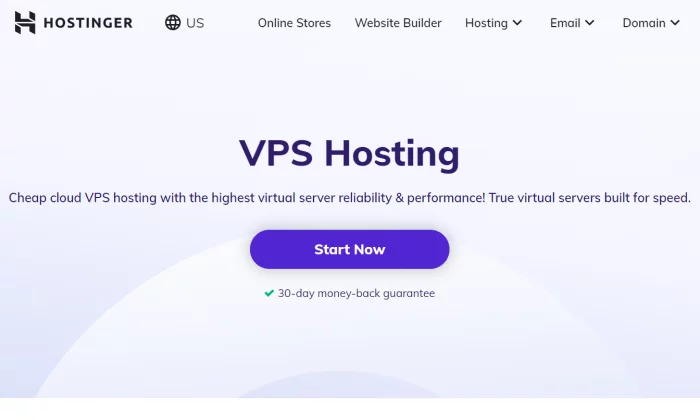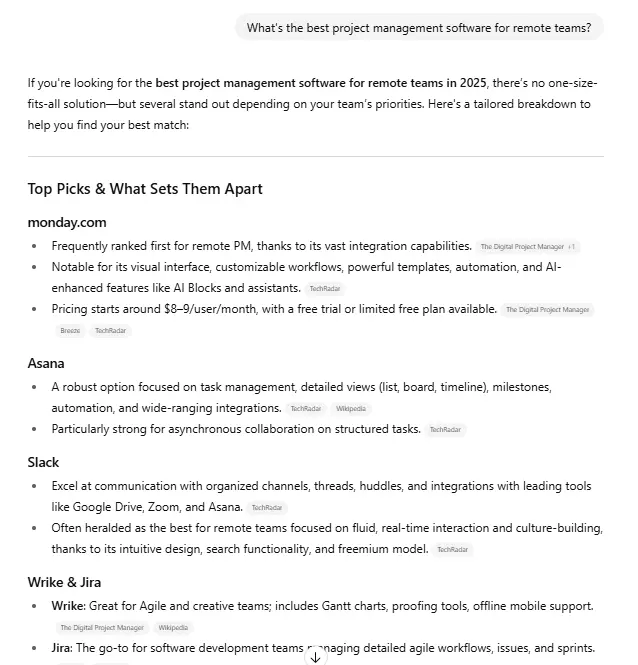How Small Businesses Can Succeed Despite the Economy: Statistics + Trends
When small business owners hear any news about the economy, it’s natural that a chill will roll up their spines. It’s a topic that can have a multitude of connotations, and any news story is sure to come with...

When small business owners hear any news about the economy, it’s natural that a chill will roll up their spines. It’s a topic that can have a multitude of connotations, and any news story is sure to come with a side of anxiety.
But, as small business owners know, resilience through an up-and-down economy isn’t just a skill, it’s an essential part of your business’s toolkit. Small businesses can survive any economy thanks to their unprecedented ability to adapt and thrive in ever-changing economic landscapes.
In this post, we’ll cover small business revenue statistics that illustrate how small businesses can not only survive a turbulent economy but thrive within it. Whether businesses take advantage of industry growth potential, study profit margins, and customize their business based on competition density and the number of employees, there are several data-backed strategies that can lead to gains.
Because when they give themselves a solid foundation for growth, any economic landscape can become fertile ground for small business success.
Small Businesses Are Economic Epicenters
Despite the state of the economy, small businesses can triumph. In fact, small businesses significantly contribute to the overall GDP as well as job creation. Here are some key statistics that show the impact of small businesses on the overall economy:
When accounting for 33+ million American companies, 99.9% of them are small businesses.Small businesses have created 62.7% of all new jobs since 1995.Small businesses in America have an average annual revenue of $1.2 million.Nearly one-half of the U.S. gross domestic product is powered by small businesses.Though there are some anxieties about small business optimism in 2024, 77% of small business owners are confident that they will survive the current economy.
Small Business Anxieties
Inflation, increased production costs, and declining profits have done a number on small businesses in the past few years — and some have had to close their doors because they couldn’t keep up. For example, a recent survey revealed that 30% of small businesses saw declining profits in May 2024. Factors like this may also contribute to a historically low Small Business Optimism Index. Though it typically has an average of 98, it dropped to 88.5 in April, 2024.
This creates a few understandable anxieties for small business owners as the year continues. Additionally, 70% of small business owners have had to make sacrifices to keep their businesses afloat. Of these small business owners:
47% had to raise their prices for products and services. 45% worked longer hours.32% reduced their own salary to mitigate their overhead costs.But this isn’t all doom and gloom, and small businesses are still largely successful. In fact, nearly two-thirds of small businesses reported that they were profitable in 2022. Additionally, Bank of America found that 55% of small business owners had higher overall revenues in 2023 than they had in 2022.
Small Business Employee Statistics
As mentioned above, small businesses are essential for economic growth and stability. Most small business owners — 81.7% of them, in fact — are solopreneurs who work alone without any employees. This accounts for as many as 27 million small businesses. Though working alone may put more pressure on small business owners, it can also help them thrive with low overhead costs and minimal staffing. These lower total costs of ownership may help small business owners survive more intense economic downturns when they occur.
Small Business Strategies
Though resilience is key to a small business owner’s success, they will need more concrete paths for growth in order to weather a severe economic storm. In 2024, small business owners plan to use the following strategies to grow their businesses:
24% plan to increase staff. 18% plan to invest in digital marketing strategies, like SEO. 17% plan to expand or remodel their business. 10% plan to invest in more traditional marketing practices, like email marketing.Another statistic of note is that 83% of small businesses are not applying artificial intelligence within their business operations. A slower AI adoption rate by small businesses may be what sets businesses apart from each other. Small business owners should leverage AI for marketing and learn about AI statistics so they can automate menial tasks to free themselves up to tackle work that requires a human touch.
Successful Small Business Entrepreneurs
Small businesses can find success in many places. Here are some various goals, industries, and demographics of small businesses and small business owners that illustrate success and diversity.
Healthy profit margins for small businesses usually fall between 7% and 10%.Small business owners typically earn an average annual salary of $69,647, which is 6% higher than the national average wage. Trade, transportation, and utilities is the industry that houses the most small businesses, with over 2 million and #376.3 billion in profits in Q4 of 2023. Manufacturing had $780.8 billion in corporate profits in Q4 of 2023 from only 385,570 small businesses.Small Businesses and Success in Any Economy
Small businesses stand as pillars of economic resilience, innovation, and job creation. Despite economic hurdles like inflation, a small business owner’s adaptability and strategic planning can help them weather the storm and find opportunities to grow. These small business statistics show the importance of a solid foundation that allows a small business to grow, the embrace of digital and traditional marketing strategies, and the potential benefits of integrating new tech like AI into small business operations.
Whether navigating through challenging economic times or capitalizing on periods of prosperity, small businesses continue to demonstrate their crucial role in driving the economy forward. As the economic storm begins to clear and the clouds begin to part, the spirit of entrepreneurship, business strategies, and innovation will hold the ship of a small business steady as it sails toward success.

 Aliver
Aliver 
































